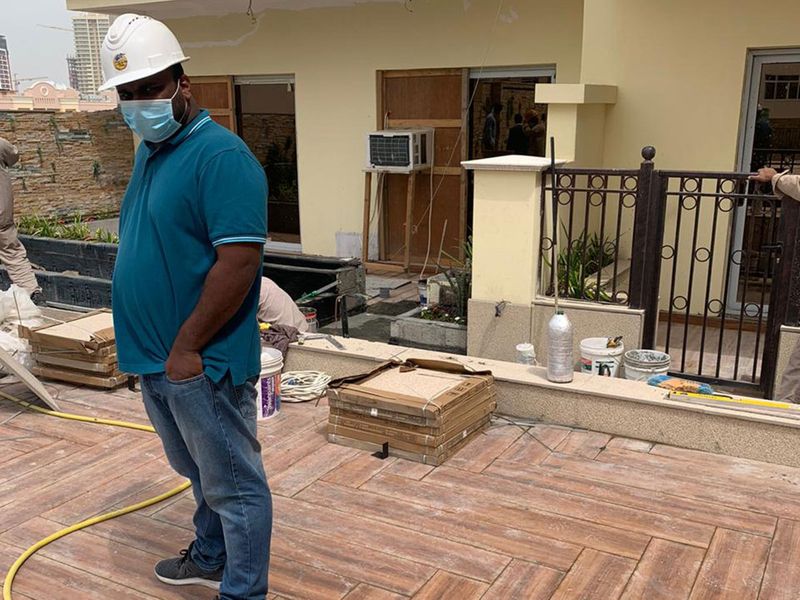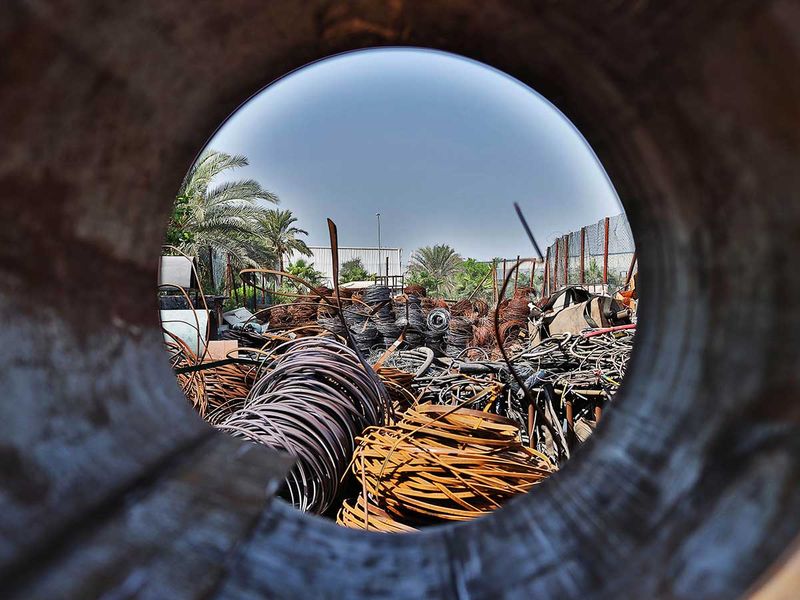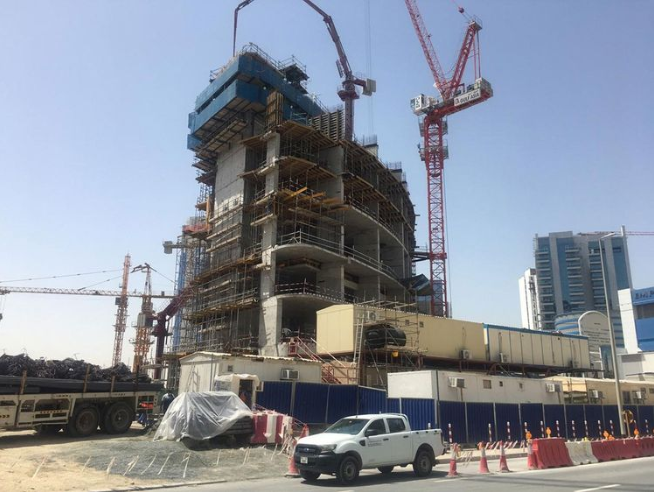New projects will only be awarded if they slash their original cost-to-build estimates
Dubai: UAE contractors will have to go through the whole price negotiation process again as project promoters insist on re-pricing contracts because of the changed circumstances. Even projects that were awarded as recently as weeks ago are being put through re-pricing.
“There’s no set requirement that contract values should be revised downwards by 10 or 20 per cent,” said a top official at a leading construction firm. “But in the post COVID-19 economic reality, re-pricing contracts is the only way forward.
“Clients will not even be willing to listen otherwise. It’s a take it or leave it approach.”
This could mean the UAE’s construction sector will have to go through extended negotiations to arrive at contract values suitable to both parties. But won’t more negotiations lead to more delays down the line?
“Construction-related activity is exempt from the movement restrictions in place in the UAE,” said Vinod Pillai, General Manager at RP Group, which has ongoing work at Meydan and Business Bay, as well as oil and gas projects in the UAE and Saudi Arabia. “As long as contractors get the work permits, activity is happening on site… but with extra precautions being taken against the COVID-19.
“The re-pricing talks relate to main contracts – the preliminary works such as the enabling are already happening at most of these sites. We don’t expect to see major delays happening on the main contracts.
“That everyone has to work on reduced contract values and margins is part of the new reality.”
Working hours
But the extra precautions against the COVID-19 have left its imprint in many ways on construction activity. Only 50 per cent of the total capacity on a bus can be used to transport workers to the site. This means multiple trips to handle a single shift.
“The number of shifts and the hours on site have reduced – each of the anti-contamination processes require time,” said Pillai. “Also, we can only be sure of our processes – there are subcontractors involved on the site as well.
“How robust are the preventive measures they have in place for their own workers? Do they have regular temperature checks? Do they have an isolation policy? These are all factors that impact on the flow of work.”
Construction industry sources say going the extra mile on COVID-19 precautions makes sense, both from a wider social and business perspective. If doing so helps limit downtime at construction sites, it ends up as a big plus eventually.
“In accordance with government guidelines we have taken all the measures required, including the mandatory wearing of masks plus distancing of workers,” said Mohammed Mustafa, Managing Director at Emsquare Engineering Consultants.
“In this time of crisis, we are being more than vigilant of the responsibilities that the government has placed on our shoulders. Mandatory usage of hand sanitizers frequently is also in place along with high level of alert for anybody who shows any sign of virus symptoms.”
Any delay will add to costs
But contractors are worried that even two to three additional months spent on price renegotiations will still be a burden. The “running expenses” – the costs involved in maintaining the workforce and other mandatory expenses – will still need to be borne.
“Our running expenses are not going to go down drastically, even if we retain only a limited workforce,” said one contractor. “The construction industry will see massive layoffs – project activity will take time to recover, especially those sponsored by the private sector.”
Conares, the steel mill operator, had ceased production at one of the two plants in Dubai for two weeks in view of the slowdown. Bharat Bhatia, CEO of Conares, certainly did not want to be caught with excess inventory until demand returned to normalcy.
“There were no lay-offs at the idled plant for those two weeks and we have just resumed operations,” said Bhatia. “Businesses of all sizes are hopeful that the various stimulus packages announced will filter down at the earliest. And hopefully, some easing of the bank facilities extended to businesses… as per the Central Bank directive.
“Until now, only a few banks are heeding that directive on lending norms.”

Thankfully, no supply shortages
After fearing the worst in February, UAE contractors say they are seeing no shortages of key building materials, even those coming in from China. “On the supply side, things are returning to pre-January levels, though the shipment volumes are lower,” said Pillai.
“If at all there are shortages, it’s most related to protective gear for the oil and gas industry, not in the construction sector.
“Prices of key materials – cement, steel products – too are as steady as they have been for some time. Given that project build up from current levels will be gradual, expect the prices to be steady as well.”
Only contractors can be onsite
According to sources, only construction firms and their personnel are being issued permits to be on site. Representatives from the project’s promoters are, so far, not allowed access under the current strict restrictions on people’s movements in the city.
Ensure liquidity
At this moment in time, contractors’ focus is on finishing the projects on hand rather than dwell on re-pricing new contracts. “Any delay, even in such unforeseen circumstances, will be costly for contractors,” said a source. “Clients, at least the majority, will not listen to what caused such delays. At best, they may give three-month extensions – but beyond that they are likely to encash the performance guarantee bonds contractors put up.
“Even a COVID-19 situation may not change their behaviour.”




